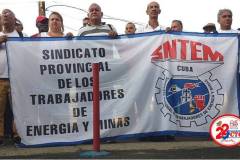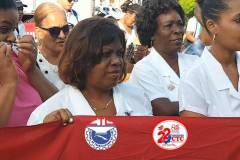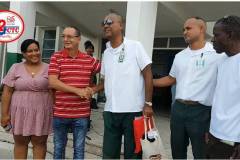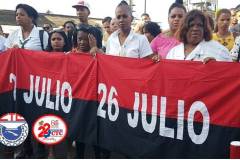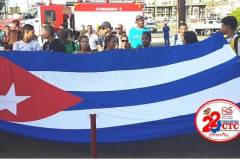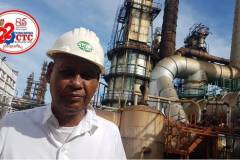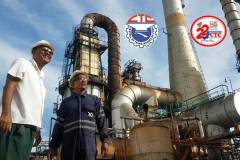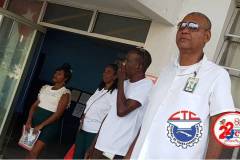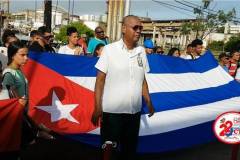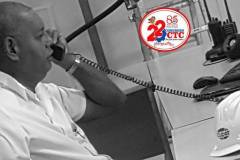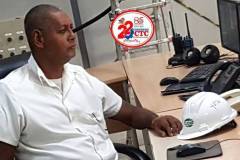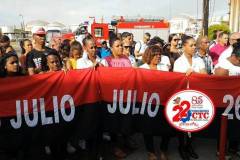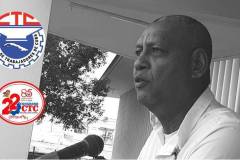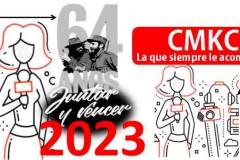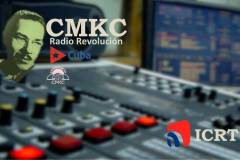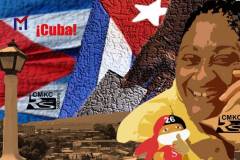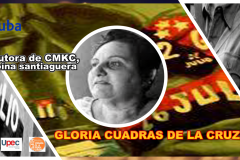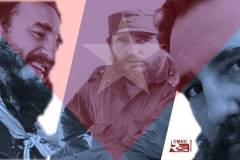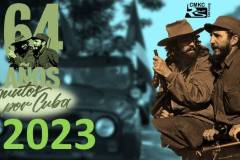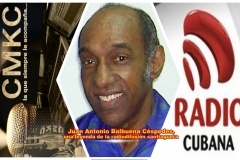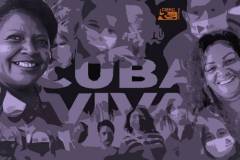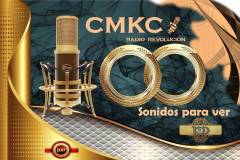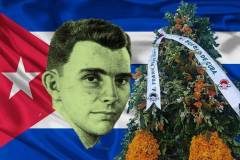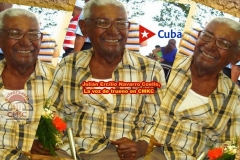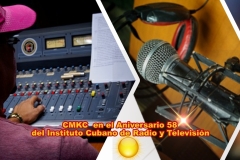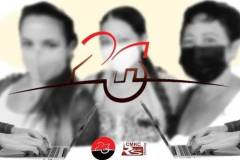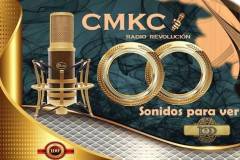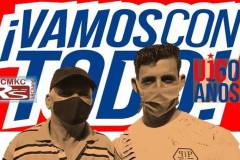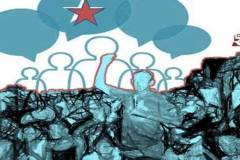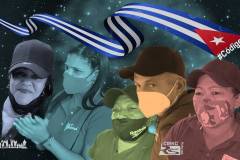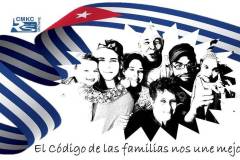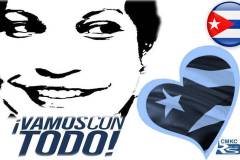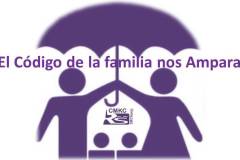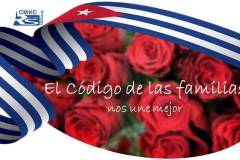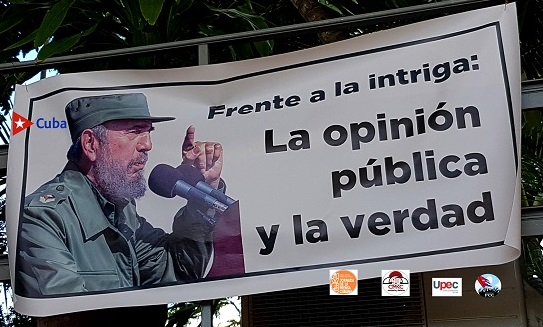
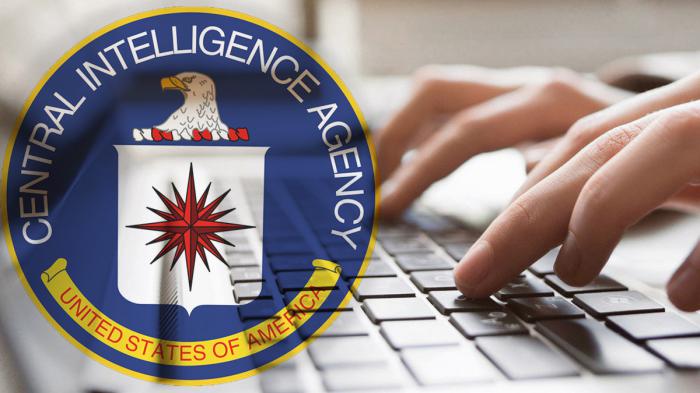
As of 2007, the CIA considered as a matter of first importance to guarantee Internet access in Cuba, without control of the Government or Cuban telecommunications companies.
As of 2007, the CIA considered as a matter of first importance to guarantee Internet access in Cuba, without control of the Government or Cuban telecommunications companies. Agents and contractors traveled to the island in order to investigate the operation of illegal networks for connection to satellite television and, based on studies carried out in the field, propose how to turn them into internet access networks.
As part of the program, they ordered to put into operation ten BGAN (Broadband Global Area Network) equipment in Cuban territory, which according to their calculations would allow reducing expenses for other activities. The International Republican Institute (IRI) received the guidance to evaluate its budget in this regard and make recommendations to the USAID with long-term perspectives.
One of the aforementioned BGANs was handed over to a CIA agent in Havana to send daily, securely, information on the ability of the Minint and Mincom to detect illegal satellite television connection «antennas». They also required information on the movements of the FAR troops in certain regions of the country and the characterization of leaders and cadres of the Revolution.
The BGAN allowed the establishment of illegal communication networks for the transmission of data that would link its agent with cell phones and laptops in different parts of Havana.
The CIA needed information and, as they do in countless countries considered to be of interest to the US Government, they decided to guarantee access to the network of networks, not to facilitate development but to strengthen control, through technological dominance and content, Big Data studies, among others, as well as successfully developing media campaigns against Cuba.
Another element of utmost importance for their plans to dominate the island’s cyberspace and other activities of subversion and espionage, was the carrying out of a survey program, created by the US Government. “This project constitutes a strategic planning tool that can emphasize the attention that the island’s leaders offer to issues that are really important to the population.
The International Republican Institute used different methods to distribute the polls and receive important results about them. He focused on two general audiences:
1- The one on the Island.
2-The United States Government, the international community, implementing partners of its policy and the general public.
IRI’s public opinion research played an important role in the design of its programs. The surveys represented a valuable intellectual capital; however, its true power lay in the effective distribution of audiences based on the information received.
The results of the surveys were discussed behind closed doors with US government officials. At present, they constitute an important source of information for the Internet Operational Group for Subversion in Cuba.
Messages from Fidel to Cuban journalists
By: Santiago Romero
The eternal leader of the Cuban Revolution, Fidel Castro, usually dedicated time to the press: the necessary reflections and the direct and sincere message from the critical and self-critical point of view as he always did. He called the Cuban press on the Internet the Heavy Artillery of the Cuban Revolution.
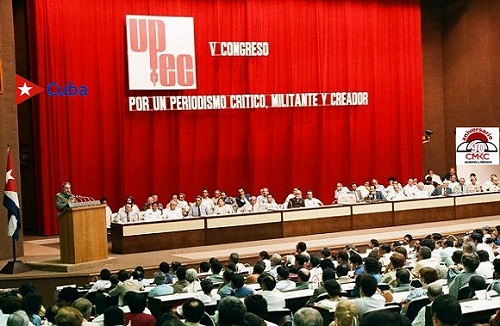
Fidel- Speeches at the VI Congress of the Union of Cuban Journalists
The central idea reflects that our press is not private property; let’s say it is social property, property of the whole people.
Fidel: «The work of our revolutionary press will be increasingly important»
Tribute to Fidel at the 10th Congress of Cuban Journalists (UPEC in Spanish)
On the role of journalists, he declared in 1986, on the occasion of the 5th Congress of the organization:
«I see the press playing a very important role in the elevation of morals and in the preservation of all the sacred values of our people, in denouncing, in fighting, in the struggle against all the bad things done (…) Who can educate more than the press».
«Journalists must investigate, know what is wrong, what facts are damaging the economy of the country, what is corrupting the people, and not only expose them, but fight them through that powerful instrument which is the mass media. (…)”
«Every journalist must be a gladiator against the things that in his opinion go wrong. And he is also a fighter for things to go well, a creator of the new society”.
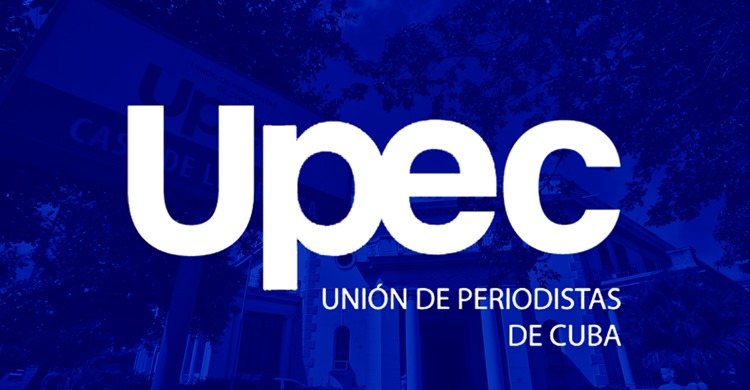
Closer in time, in 1999, at the closing of the 8th Congress of the Latin American Federation of Journalists, he said:
«(…) something we wish for our journalists and that I wish it was possible for all the journalists in Latin America and for all the journalists in the world: that our journalists become, in the course of time, a contingent that could be qualified as the best prepared in the world. I am not going to say that they are the best in the world, which is very different from saying, as a whole and as an average, the most prepared journalists in the world, to work for the world to fight a universal battle.
«Man always needed a great cause. There will never be a great man without a great cause. When there is a great cause, many people, almost everyone can become a great writer, a great journalist, a great communicator. Today our journalists have this great cause, they have it well defined and understand it perfectly well”.
Again, in the 6th UPEC Congress, he reaffirmed the importance and role of the press within the Revolution:
«I believe that the press (…) has the primary mission of defending the Revolution. To defend the Revolution is to defend socialism. When we speak of this Revolution, I cannot conceive of it as being separate from socialism; they are inseparable.
«I see the press as a force, a formidable instrument of the Revolution. I see it as Radio Rebelde, in the Sierra Maestra, because we are living in times that are no easier than those of the Sierra Maestra; we are living in times that are more complex than those we lived then.
«I see in the press a force of decisive enormous importance; it is truly decisive in this struggle we are facing, in which we are risking everything. We are not only risking our own work, we are risking the work of all the generations that preceded us, and we are defending the heritage of those that will come after us. We have to start from that approach.
«The truth in our times sails through stormy waters, where the mass media is in the hands of those who threaten human survival with their immense economic, technological and military resources. That is the challenge of Cuban journalists!».
Other Reflections by Fidel on the Cuban press:
«We are sure that our press and our journalism, just like the Revolution, will have a great future, and that the work of our revolutionary press will be increasingly important, more decisive, according to the increasing demands of our people.
«I feel at home with them. I wish I could have studied the techniques of their trade!»
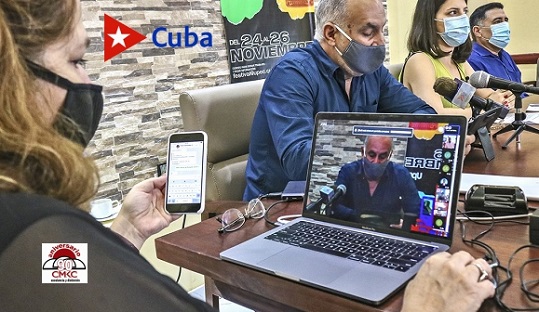
«I believe that the press (…) has the primary mission of defending the Revolution.«

